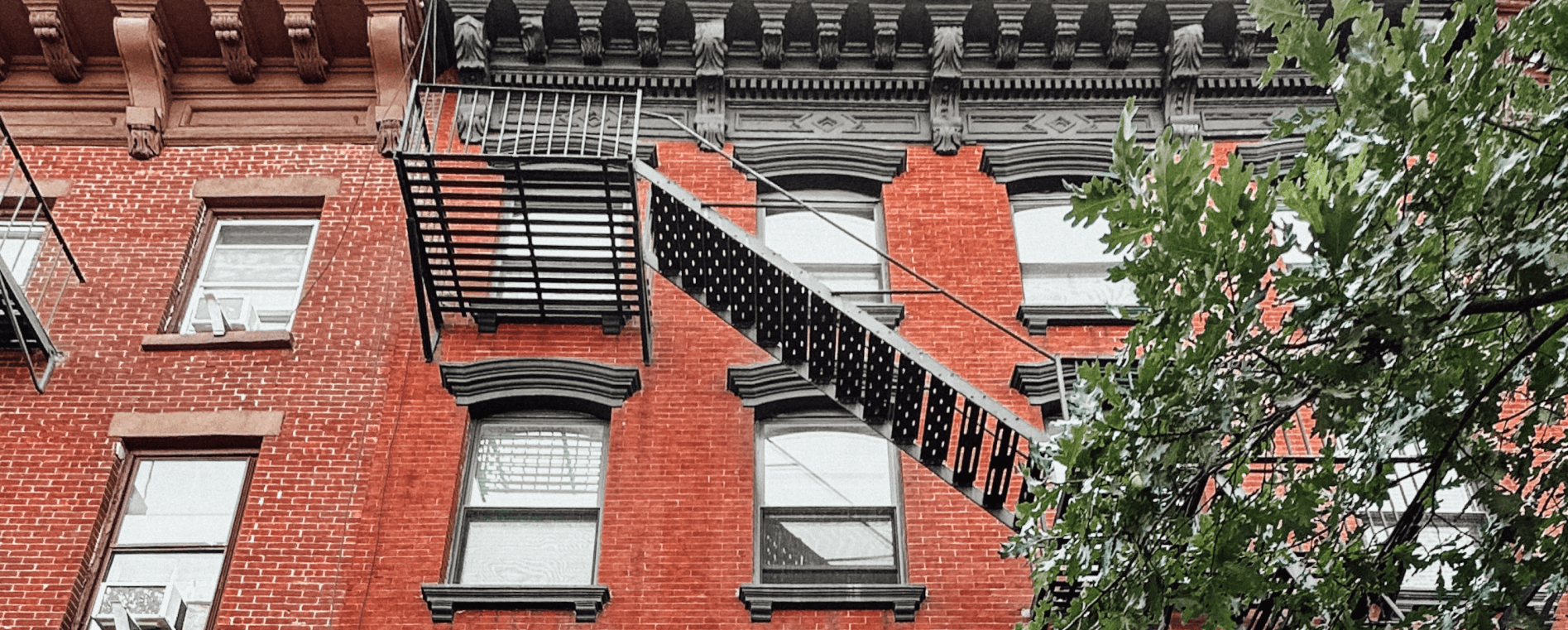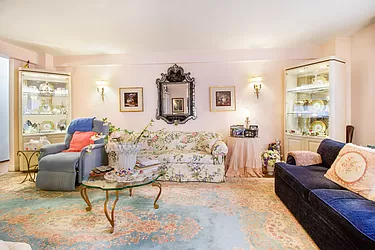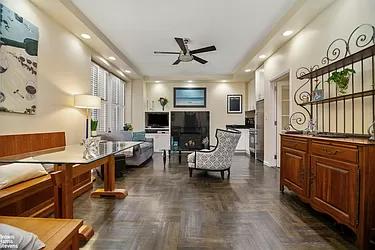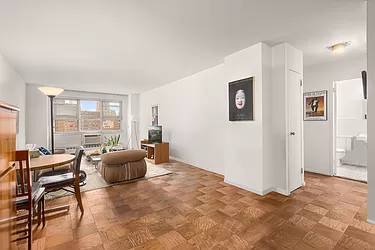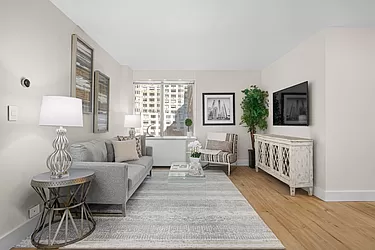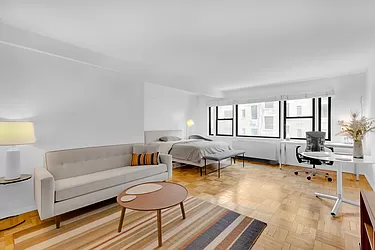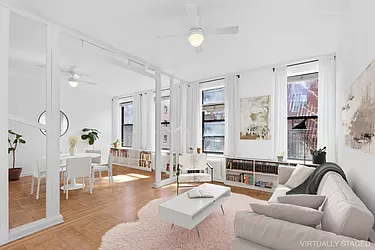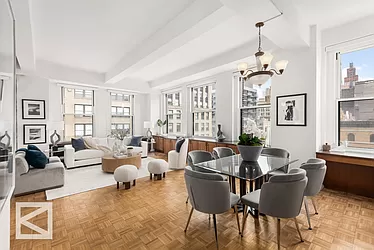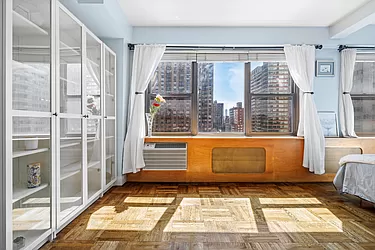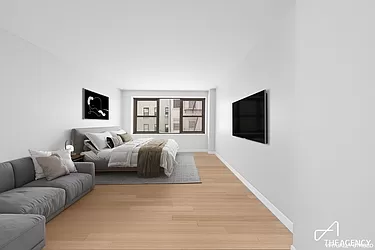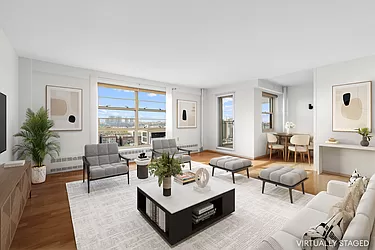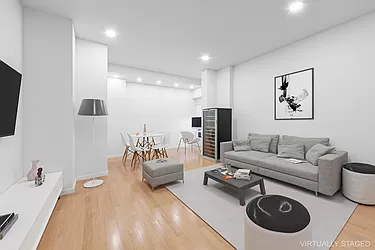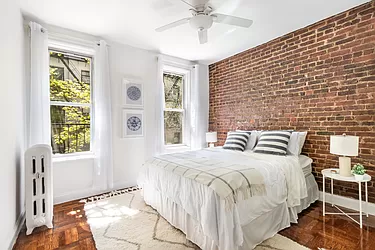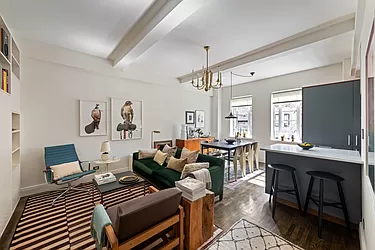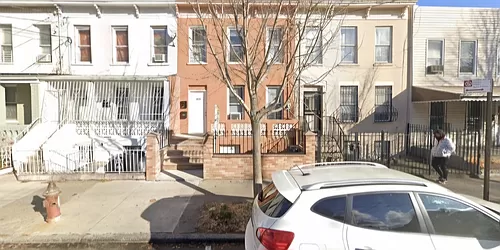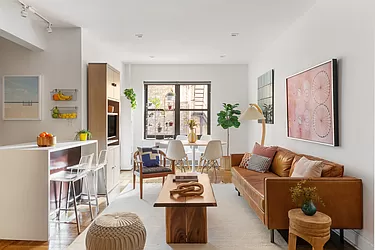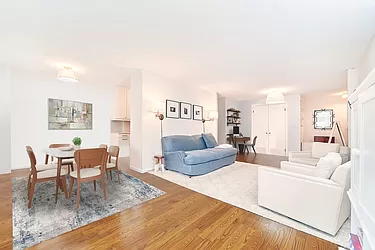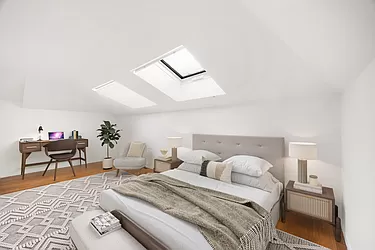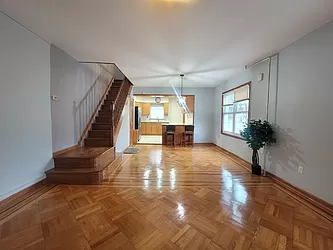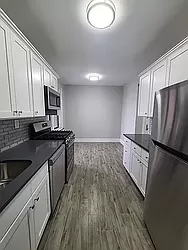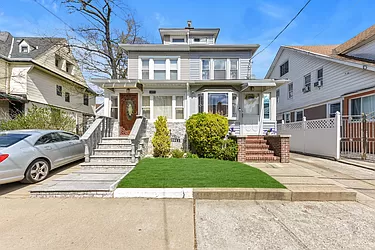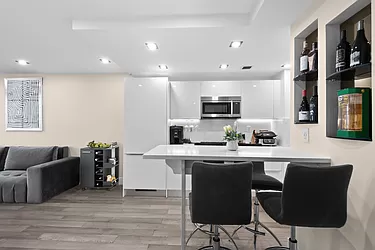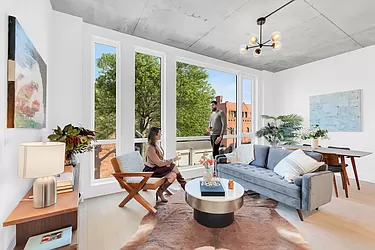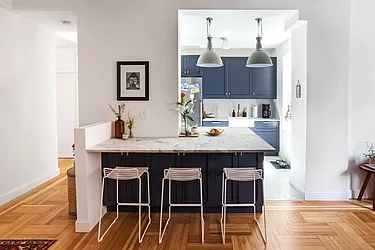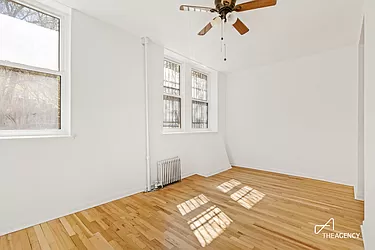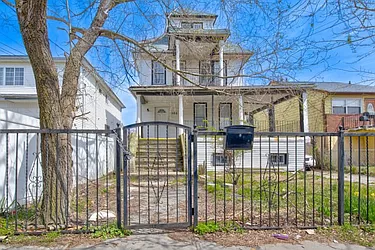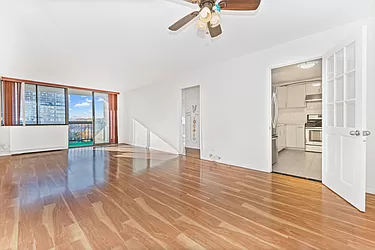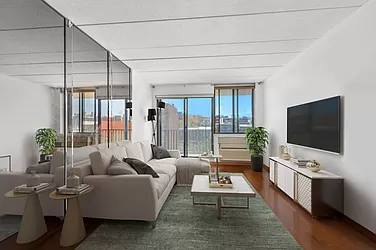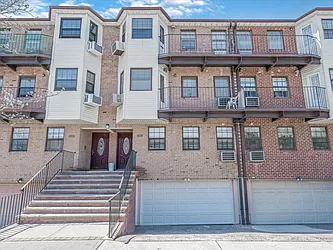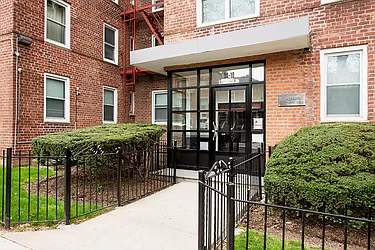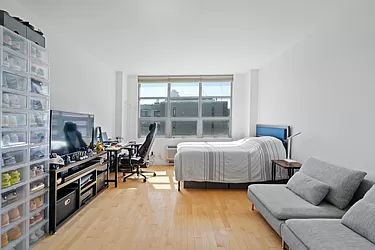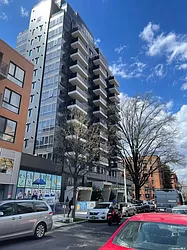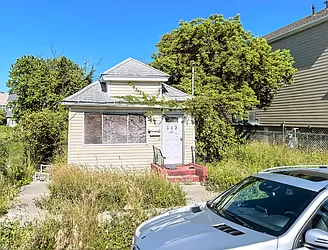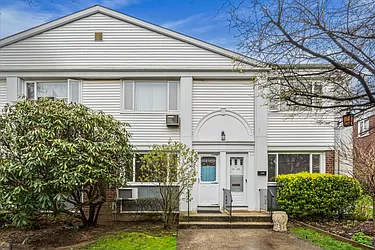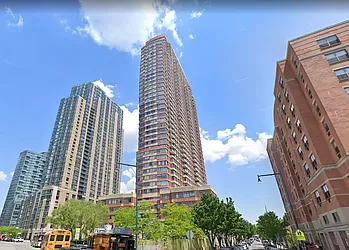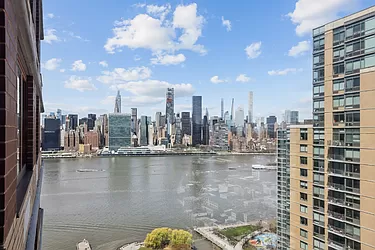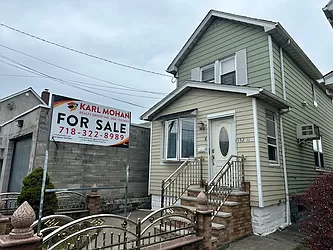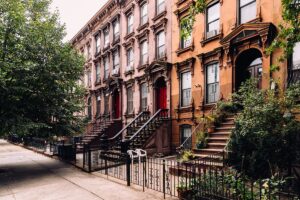Buying Your First Home in NYC
Buying a home in NYC is complicated, but rewarding. If you're a first-time home buyer, or even a returning buyer who needs a refresher, this guide will provide you with tips and strategies for your home-buying journey.
A few of the topics covered in this guide include: how to find your dream home, how to find a buyer's agent, how to prepare for a co-op board interview (and what even is a co-op vs. a condo?), information about home inspections, home loans and mortgages, and much more! We hope these articles will help you make educated decisions and feel a little more confident as you begin this journey — whether you're a first-time home buyer or a real estate veteran. Happy home shopping!The homebuying journey can be a complicated and emotional process. But with the right planning and advice, owning one of those condos or co-ops you’re eyeing on StreetEasy could become your reality. One of the first things to consider is how much money to save for your down payment. The amount of cash you pay upfront impacts your financing and monthly mortgage payment. How so? The math is simple: the lower the down payment, the higher the mortgage payment, including interest rates (yikes!).
So, what’s the required down payment for an apartment in NYC? That depends, but here’s a cheat sheet.
Thinking about buying?
Buy with an Expert0% Apartment Down Payment
As they say in Brooklyn: fuhgeddaboudit. Mortgage lenders won’t give you a loan without a down payment. Having cash to put down gives a lender more confidence that you’re less likely to default on your mortgage payments. As Richard Barenblatt, mortgage specialist at GuardHill Financial Corp, points out: “Think of your property as your bank account. The more money you have invested in the property, the less likely you are to walk away.” And the bigger your apartment down payment, the safer you are for lenders to bet on.
Manhattan Homes Under $1M on StreetEasy Article continues below
5% Apartment Down Payment
This amount for an apartment down payment is generally associated with FHA 203(k) loans. Insured by the Federal Housing Administration, these loans help lower-income earners and those with lower credit scores get a mortgage. They’re issued by FHA-approved vendors, meaning that if the borrower defaults, the lender is covered.
Numerous FHA-compliant buildings accept this type of loan. However, there isn’t much inventory, so finding a selection of homes to choose from can be a bit challenging.
Brooklyn Homes Under $1M on StreetEasy Article continues below
5-10% Apartment Down Payment
It’s possible to find lenders willing to approve home loans with lower down payments. New development condos, for instance, may accept as little as 10% down.
However, during times of economic uncertainty, most mortgage lenders will restrict their lending to a minimum of 20% down. As Barenblatt explains, the reasons are twofold. For one, lenders are concerned about a falling market and declining home values. And two, lenders are worried about borrowers losing their jobs, leaving them unable to make their mortgage payments. You can keep tabs on the NYC market with StreetEasy’s local housing market reports.
20% Apartment Down Payment
This is the standard down payment required for most homes in NYC, and nationwide. At 20% down, you’re less of a financial risk to lenders, meaning you’re more likely to be approved for a loan. So even if the home you’re considering doesn’t require 20% down, it’s a good idea to target this amount to increase your likelihood of obtaining a mortgage. Co-ops in particular usually require at least 20% down — and sometimes more.
Queens Homes Under $800K on StreetEasy Article continues below
30% Apartment Down Payment
On a primary residence, the advantages to putting down more than 20% are many. Your offer will be that much stronger and more attractive to the seller, and you’re more likely to be approved for a loan. Even better, you may be able to secure a better interest rate. “The borrower has more equity and more at stake, which reduces the likelihood of defaulting on their mortgage,” Barenblatt says.
If you want to buy an investment property, like a condo you plan to rent out, expect to put down a minimum of 20%, or safely, 30%. It’s important to note that your interest rate will be higher, too, since it won’t be your primary residence.
Questions about down payment?
Ask the StreetEasy Concierge100% Apartment Down Payment: Pros and Cons
A 100% down payment is, in practice, an all-cash offer. At first glance, it seems like an ideal option — no mortgage, no debt, no obligation. However, a closer look reveals a more complicated situation.
“If you’re older or close to retirement,” says Barenblatt, “you may not have the future income to service a long-term debt” on top of other monthly expenses. In this case, an all-cash purchase makes sense. But if you’re younger or in a higher tax bracket, it may be advantageous to offset your taxable income with the tax deduction benefits of a mortgage. Additionally, if you’re someone who “prefers to stay more liquid to participate in higher-yielding investments, taking a mortgage allows you to do so,” adds Barenblatt.
So even if you have the luxury of being able to make an all-cash purchase, you may want to assess your individual situation to determine whether this is the best option for you.
More on buying a home in NYC
Disclaimer: The content on this site is not intended to provide legal, financial, or real estate advice. It is for information purposes only, and any links provided are for the users’ convenience. Please seek the services of a legal, accounting, or real estate professional before any real estate transaction.
